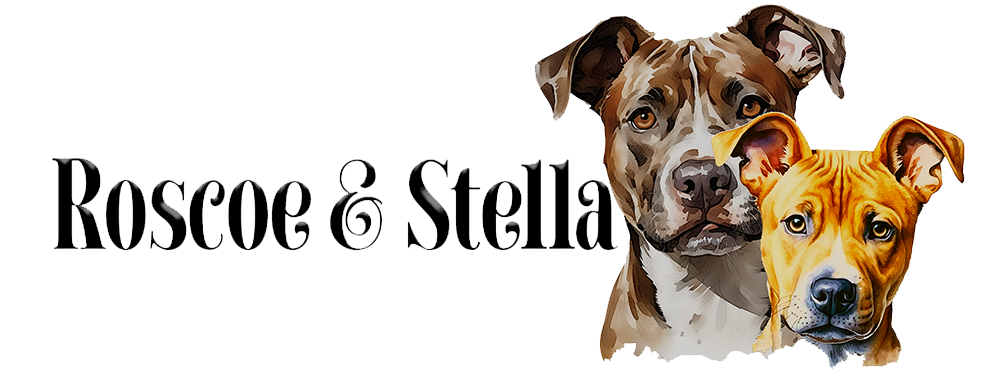Do Dogs Feel Jealousy Like Humans?
By roscoenstella / June 23, 2025 / No Comments / Dog Blog
While dogs may not experience jealousy in the exact complex way humans do, research suggests they can show a form of basic, emotion-driven jealousy—especially when they feel left out of social interactions that involve someone they’re bonded to.
A well-known study from the University of California, San Diego found that dogs displayed signs of jealousy when their owners gave attention to a stuffed dog that barked and wagged its tail. The dogs pushed, barked, and tried to get between their owner and the fake dog.
So, while dogs may not understand the concept of fairness or comparison the way people do, they definitely notice when their favorite human’s attention is being directed elsewhere.
Common Signs of Jealousy in Dogs
Jealousy in dogs often shows up through behavior changes. You might notice:
Pushing or wedging between you and another pet
Barking, whining, or nudging your hand
Acting clingy or demanding more attention
Growling or snapping at the other animal
Sudden accidents in the house
Destructive behavior when left out
Ignoring commands or acting out
These behaviors aren’t always about jealousy, but if they happen consistently when another pet is getting your attention, it’s a strong clue.
Why Dogs Get Jealous
Dogs are social animals. They form strong bonds with their people and thrive on attention, affection, and routine. When another animal—especially a new one—enters the picture, your dog may feel uncertain or displaced.
Common triggers include:
Bringing home a new puppy, kitten, or rescue
Paying more attention to one pet over another
Feeding one pet first or giving treats unequally
Playing or cuddling with another pet in view
It’s not just about the other animal—it’s about what your attention means to your dog.
How to Manage a Jealous Dog
If your dog is showing signs of jealousy, don’t worry—there are ways to ease their mind and encourage a peaceful household.
1. Give Equal Attention
Make sure each pet gets one-on-one time with you every day. This could be a walk, playtime, training, or simple cuddles.
2. Reward Calm Behavior
When your dog is relaxed while you give attention to another pet, reward them with a treat or praise. This helps them associate that situation with something positive.
3. Avoid Reinforcing Jealousy
Don’t reward jealous behavior with attention, even if it’s negative. Gently redirect their focus instead, or ask them for a command (like sit or stay) before giving attention.
4. Create Positive Associations
Use treats, toys, or praise when your pets are calmly interacting together. This builds trust and reduces tension over time.
5. Stick to Routines
Dogs feel more secure when their day has structure. Try to keep walks, meals, and bedtime consistent, even when a new pet is added to the mix.
When to Get Help
If your dog’s jealousy turns into aggression, resource guarding, or constant stress, it may be time to consult a professional. A certified dog trainer or behaviorist can help you safely introduce pets and reduce conflict.
Also, rule out medical causes. Sometimes what looks like jealousy or behavioral issues can be rooted in pain or discomfort.
Final Thoughts
Yes—dogs can get jealous of other pets, especially when they feel their place in the household is being challenged. The key is to understand what your dog is feeling and respond in a way that builds security, not rivalry.
By showing your dog they’re still loved and included, while teaching them to feel calm around other animals, you can turn those jealous moments into opportunities to strengthen your bond—and theirs with each other.
